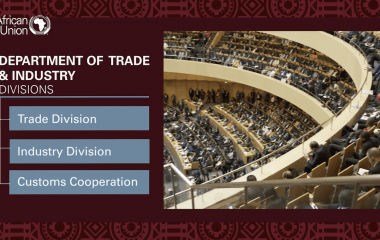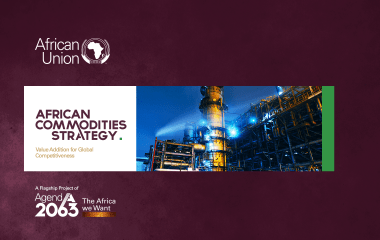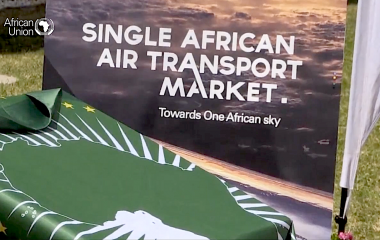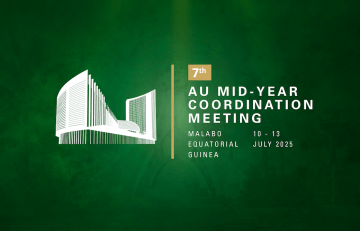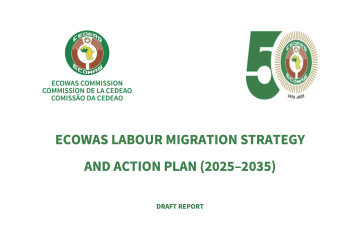Key Resources
- February 07, 2026
-
December 24, 2025
39th AU summit Media Accreditation Platform
https://accreditation.au.int/en/form/au-summit-accreditation
- August 04, 2025
-
July 25, 2025
The Africa Governance Report 2025 (AGR25) is the fourth report produced by the African Peer Review Mechanism (APRM) on behalf of the African Governance Architecture (AGA).
-
July 10, 2025
7MYCM Information Guide
- July 10, 2025
-
June 19, 2025
7th MYCM Online Media Accreditation Form
-
June 19, 2025
7th MYCM Media Visa on Arrival Request Form
- June 19, 2025
-
May 15, 2025
ECOWAS LABOUR MIGRATION STRATEGY AND ACTION PLAN (2025–2035)
- February 14, 2025
-
February 12, 2025
38th AU Summit Program of Events
- Page 1
- ››










